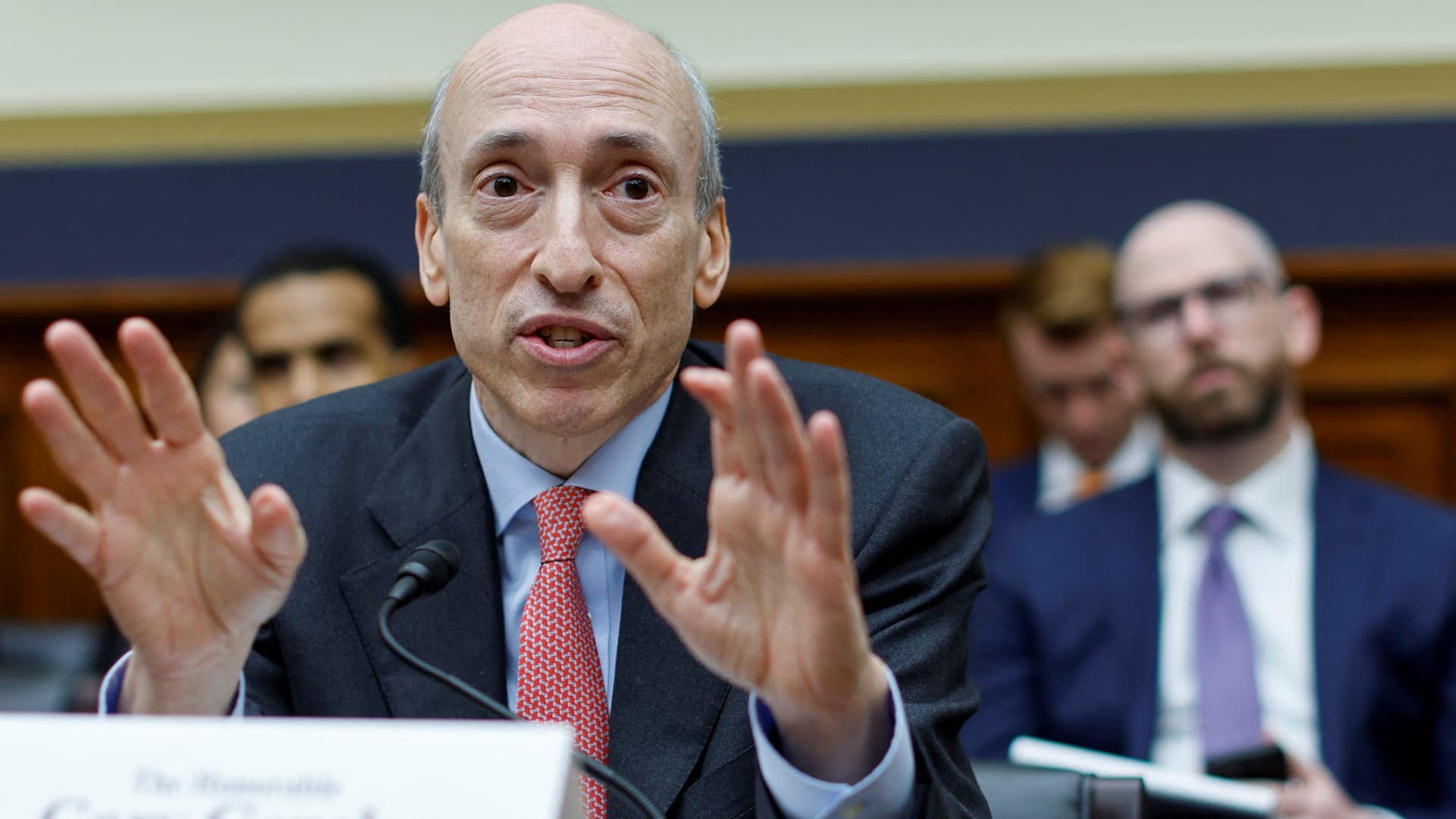Facing international criticism of its conduct of the war and its latest strike on a
UN school building
being used as a shelter in Nuseirat, the
Israeli military
offered a full-throated defence of the operation, insisting its forces had targeted a group of about 30 militants using three classrooms as a base. A military spokesman, Rear Admiral Daniel Hagari, said Israel had carried out "a precise, intelligence-based strike" against "dozens of Hamas and Islamic Jihad terrorists hiding inside a UN school." He said some of the militants had participated in the attacks against Israel on October 7.
Hagari said the operation took place after "three days of surveillance" and was designed to destroy three specific classrooms in the school where the Israeli military believed roughly 30 militants were staying and planning operations.
Israel twice delayed the strike because it had identified civilians in the area, he said. "The terrorists inside the school were planning more attacks against Israelis, some of them imminent," he said. "We stopped a ticking time bomb." Gazan officials say at least 40 people were killed in the strike, including women and children. To support its contention the strike was on a military target, Israel's military released the names of nine killed in the attack that it said were associated with Hamas and Islamic Jihad.
The UN human rights office said the Israeli strike in Nuseirat "suggests a failure" by the military to "ensure strict compliance with international humanitarian law". UN secretary-general Antonio Guterres described the strike as "horrific", while Egypt's foreign ministry condemned what he called the "deliberate bombing of an UNRWA school".
John Kirby, the US national security council coordinator, said Israel "absolutely" has a right to target Hamas and that it is known that its fighters "shelter in civilian facilities", but noted that this does not give Israel carte blanche. He said that the US is discussing the incident with Israel.

 5 months ago
27
5 months ago
27







